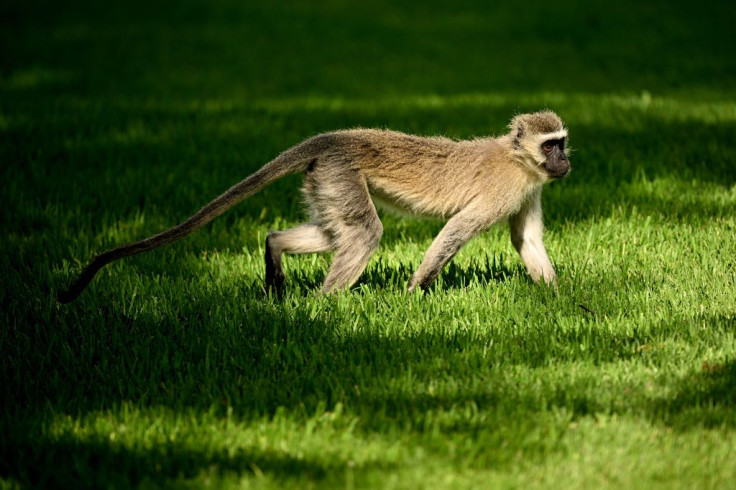Trafficking of imperiled wild animals is rampant across Mexico, according to a report from the Center for Biological Diversity released Wednesday.
The U.S. environmental group said on Wednesday that it had filed a complaint to Mexican state prosecutors. It argued that toothless regulation was allowing illegal wildlife trafficking to threaten species in Mexico, reported Reuters. The Arizona-based Center for Biological Diversity said in the report that wildlife trafficking in Mexico is "out of control." It pointed to lax penalties, lack of political will and unregulated markets. All this happens despite laws prohibiting the trade of protected species.
Even though they are protected by law, animals like monkeys, bears, toucans and jaguars are openly and increasingly sold on social media. The platforms include Meta Platforms Inc’s Facebook and Instagram. Chinese firm ByteDance’s TikTok is also part of the list.
Researchers who went through social media networks, visited local markets. They interviewed experts. Officials said that propagation of false online profiles made the trade harder for authorities to regulate. Mexico, which houses some 10% to 12% of the world’s known species, is one of the world’s few “megadiverse” countries. But the new study revealed that illegal trafficking is having an irreversible impact on the nation's ecosystems.
In recent years, the populations of native species such as the howler monkey, totoaba, vaquita marina, scarlet macaw and the sea cucumber have plunged. This is due to demand from China alongside the involvement of organized crime in the business. It is worth an estimated $100 billion annually.
Vaquitas are the world’s smallest porpoises, and are among the most endangered mammals. They are often trapped in nets of fishers looking for totoabas, whose swim bladders are used in traditional Chinese medicine. As for howler monkeys, they are sold as exotic pets.
Alex Olivera, senior Mexico representative at the Center for Biological Diversity, said that it’s "shockingly easy to buy a wild animal illegally in Mexico." He noted that all one needs is a social media account and a bit of money, and once animals end up in the illegal pet trade, the "odds of them being mistreated and malnourished are high." He said that as more and more imperiled animals are plucked from their habitats for trade, it gets more difficult for these "struggling populations to recover in the wild, where they belong.”
A Mexican special prosecutor’s office had tackled internet wildlife trafficking until the beginning of 2019, said the report. But under the administration of President Andres Manuel Lopez Obrador, the office was shut to save money.
The Associated Press reported that Meta, the Facebook parent company, said that it has a policy of removing accounts and content that violate its ban on selling endangered animals. But enforcement seems to be spotty. Meta said in a statement that their policies prohibit the sale of endangered animals, and they "remove content or accounts that violate our rules when we find them." The statement further read that to enforce their rules, they collaborate with "national organizations and rely on community reports to help keep such illicit activity off our platforms.”

© 2025 Latin Times. All rights reserved. Do not reproduce without permission.





